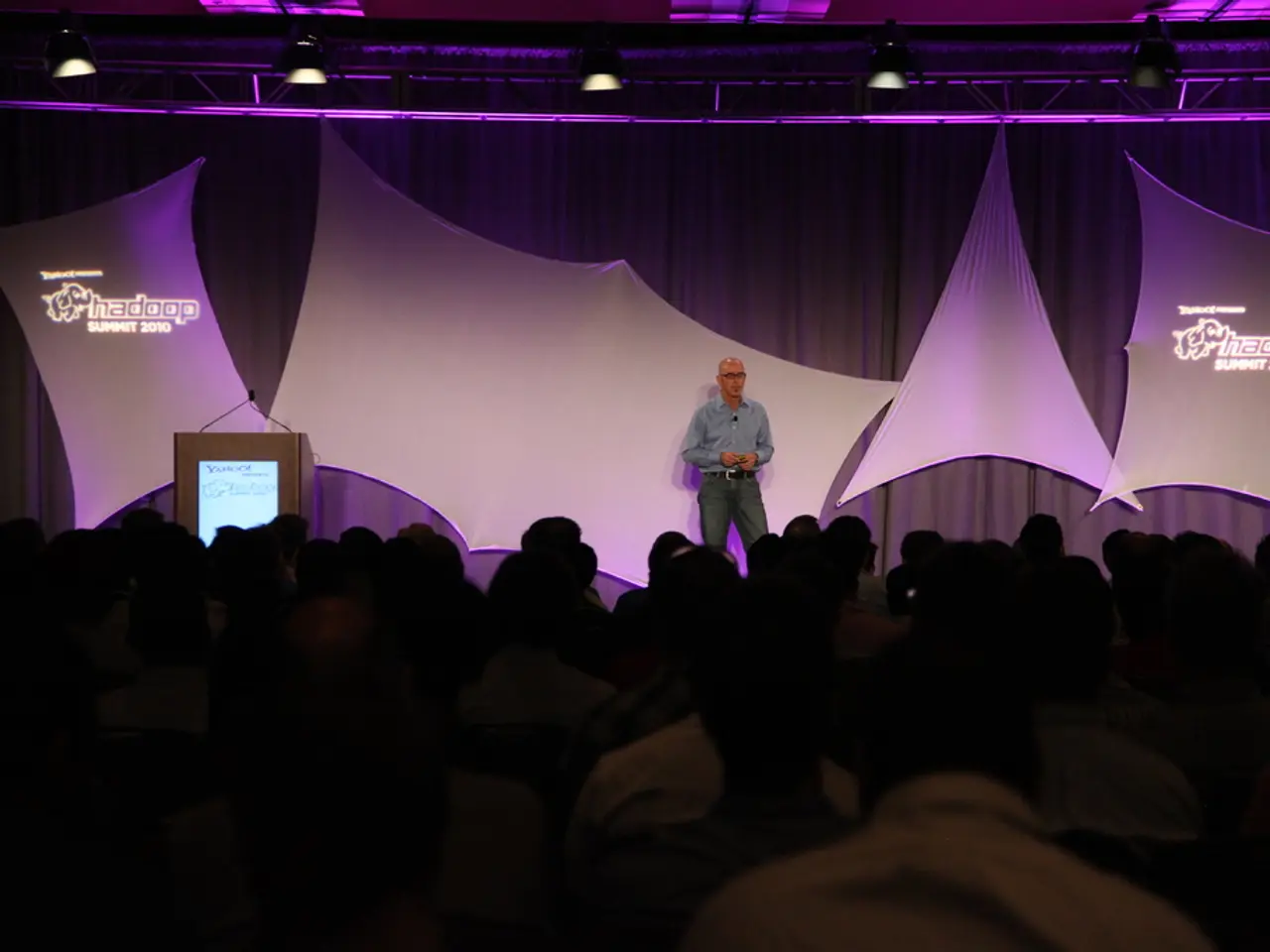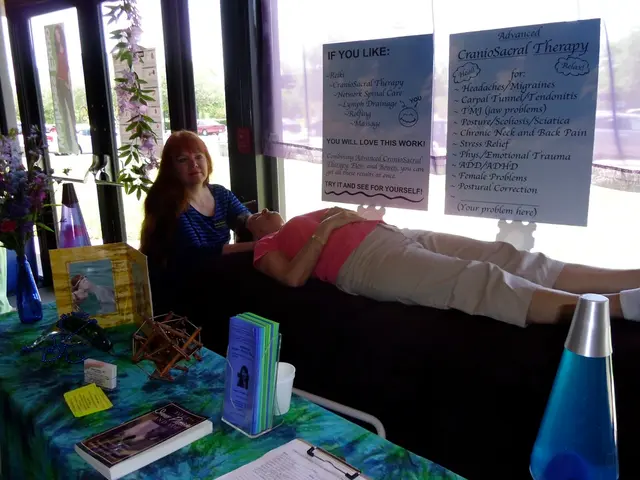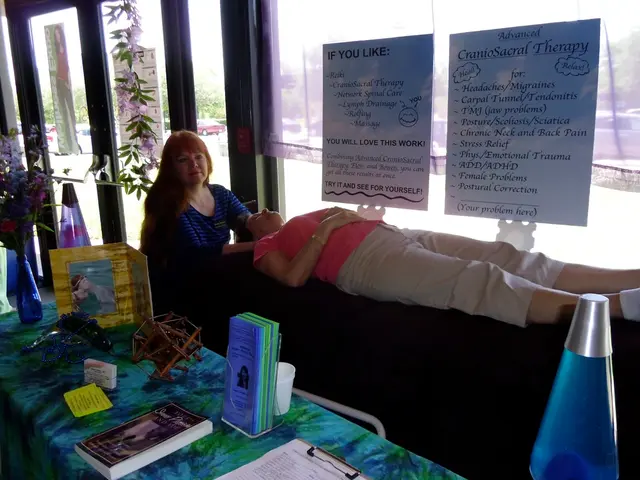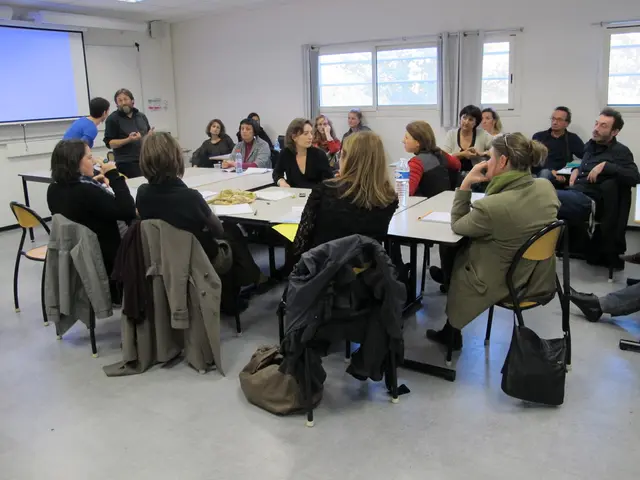Understanding Hearing Loss in Old Age: Essential Info for Seniors
In the ever-evolving landscape of aging, hearing loss has become a significant concern for many senior citizens. Approximately one-third of older adults today grapple with this issue, a statistic that underscores the importance of understanding its causes and potential solutions.
Hearing loss can be attributed to various factors, with long-term exposure to loud noises from occupational, recreational, and household sources being a primary contributor. Chronic exposure to loud noises in workplaces, recreational activities, and even everyday household sounds like vacuum cleaners or blenders can cause gradual, irreversible damage to the delicate structures of the inner ear, leading to age-related hearing loss.
Additionally, medical issues common in older adults, such as diabetes, high blood pressure, and heart disease, can impair blood flow to the ear, further compromising hearing. Social and environmental factors also play a role, with isolation and loneliness—often associated with accelerated cognitive decline—indirectly worsening hearing health by reducing engagement and stimulation of the auditory pathways.
Genetic predisposition is another factor to consider, as some individuals inherit genes that make them more vulnerable to hearing degradation with age. Mixed hearing loss, a condition where an individual appears to have more than one type of hearing loss, can also occur.
Untreated hearing loss can lead to depression and isolation, increasing the risk of falls and other accidents. It can also contribute to cognitive decline, making it crucial to address hearing loss promptly. Treating hearing loss is not just about improving a person's quality of life but also about preventing further damage.
Fortunately, medical professionals offer various methods for treating hearing loss, including hearing aids. Customized hearing aids may be necessary as hearing loss progresses. Anyone struggling with hearing loss should consult an audiologist for a comprehensive hearing test to determine the most suitable treatment.
The National Institute on Deafness and Other Communication Disorders provides helpful information about communication devices for those dealing with hearing loss. It's essential to remember that addressing noise exposure, managing medical conditions, encouraging social engagement, and seeking early hearing care are all crucial to preserving hearing health in older adults.
In a world where communication is key, addressing hearing loss is not just an individual's responsibility but a collective one. Let's work together to ensure that older adults can continue to engage in conversations, understand medical information, hear a doorbell or alarm, and live life to the fullest.
Science suggests that aging can lead to health-and-wellness issues, such as hearing loss. Mental-health concerns, like depression and isolation due to untreated hearing loss, can also be a result of aging.




